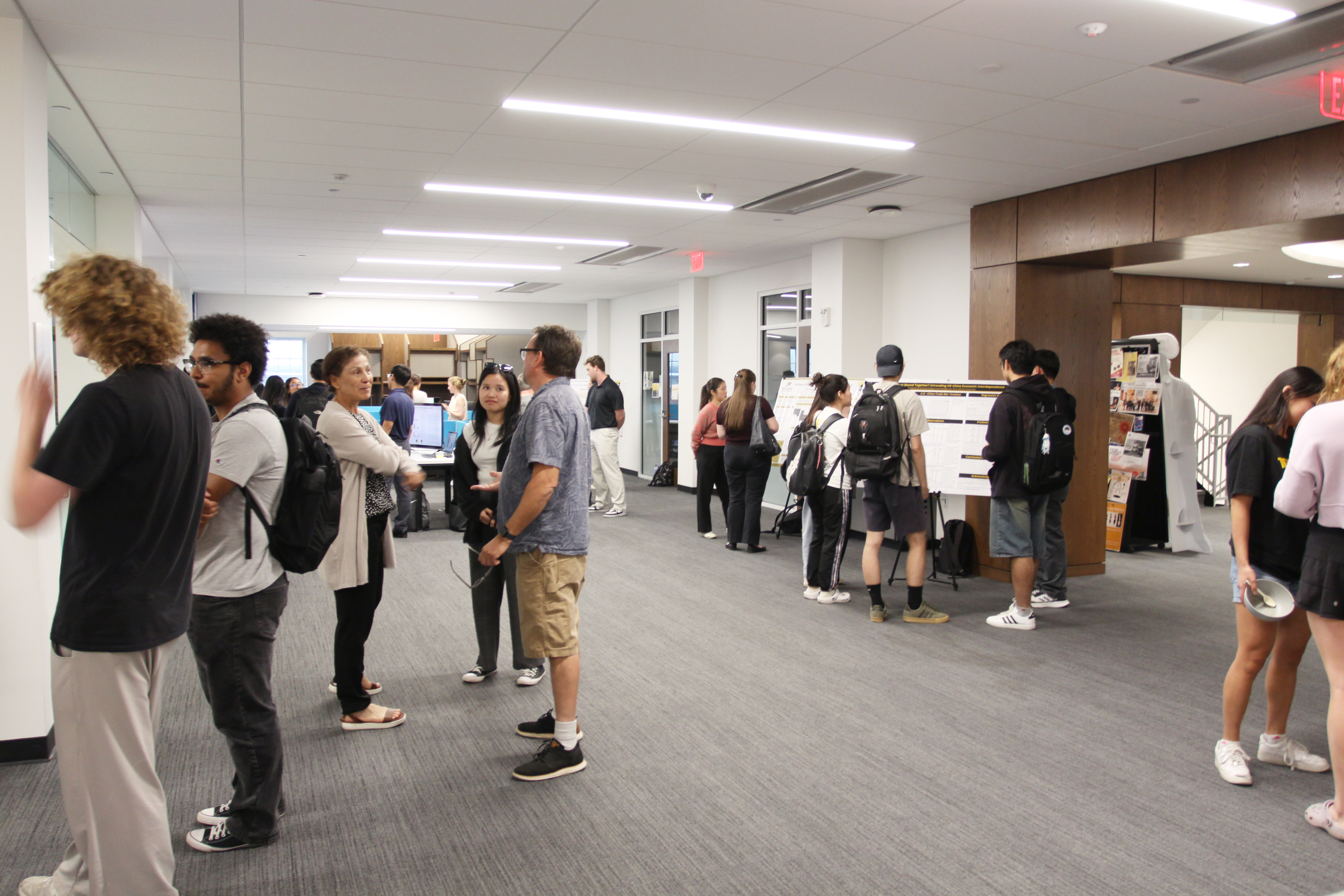Files
Download Full Text (57.1 MB)
Document Type
Poster
Publication Date
Fall 2024
Abstract
Cinema has been credited for contributing to the understanding of one's nation. In the case of the former French Indochina, despite being a well studied historical subject, few movies have been made about it, even fewer have taken place within those geographical borders. This paper will uncover the Vietnamese government’s intervention in portraying the Indochina state on Western screens, and what their cinematic vision of the colonial French-Indochina chapter in their history might look like. In 1992, three French blockbusters, Indochine, L’Amant, and Dien Bien Phu, were released and concurrently provided artistic lenses into the former colonial state. This trio have been researched together and separately in terms of visual and cultural analyses, especially in relation to the French colonial legacy and national identity, thanks to their international accolades. Findings from scholars Panivong Nodrinr and Tess Do also point to press materials and records on the on-location productions in Vietnam. Specifically, evidence suggests that the Vietnamese government had offered support as well as imposed supervision and censorship at different levels during pre-production, primary photography and domestic release. In my close inquiry into these movies, censorship impacted each movie uniquely, resulting in different receptions in Vietnam and contrasting portraits of Indochina. Not just a speculation of whether the research subjects are of historical significance to Vietnamese culture, this study poses questions on the current government’s impact of the mediated construction of national identity in the case of factual sceneries and imagined borders.
Recommended Citation
Pham, Chi Q. '25, "Inside Indochina: Vietnam's National Identity through French Historical Blockbusters" (2024). Annual Student Research Poster Session. 152.
https://scholarship.depauw.edu/srfposters/152




Funding and Acknowledgements
The research took place in the summer of 2024 under Dr. Jordan Sjol's supervision. Funding provided by the Faculty Development Committee's Student-Faculty Summer Research Fund.